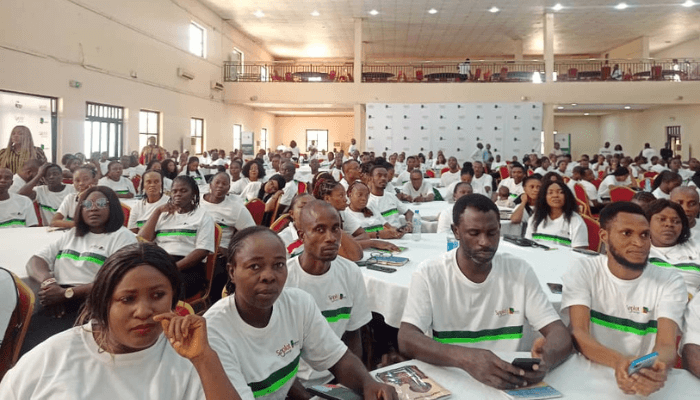As the world marks Higher Learning Day on June 6, it’s time for Nigeria to confront the harsh realities and urgent needs within its education sector. Globally, this day celebrates the transformative power of post-secondary education, what we often refer to as higher education. But for many Nigerians, especially in the northern regions, the pathway to higher learning is littered with challenges, misconceptions, and deep systemic failures.
In the pre-digital era, education in Nigeria was revered. Parents and guardians saw formal education as the golden ticket to a prosperous life. The job market favored degree holders, and public service roles, multinational companies, and global agencies demanded academic credentials. A university degree was not just a milestone-it was a marker of success. Parents who understood this sacrificed everything to send their children to higher institutions, hoping it would transform their futures.
Today, that vision is under threat.
Higher education in Nigeria is battling a crisis of quality, relevance, and accessibility. Curriculum content has barely evolved to match global trends, leaving many graduates ill-equipped for the modern workforce. The disconnect is especially obvious in fields like journalism, where the rise of digital media, AI, and mobile-first content has upended traditional reporting methods. Journalism students trained solely in legacy methods are emerging into a world driven by data analytics, multimedia storytelling, and AI-powered content generation, a world for which they are unprepared.
This tech disruption isn’t isolated to the media alone. Banking, agriculture, healthcare, and even education itself are now AI-compliant and digitally driven. Yet, our institutions continue to churn out graduates trained for an analog economy in a digital world.
The situation is even grimmer in Northern Nigeria, where access to education is frequently met with ideological resistance. Due to extremist propaganda, some communities have come to view Western education as forbidden. This twisted ideology birthed Boko Haram, a terrorist group whose name literally translates to “Western education is forbidden.” Their campaign of terror has targeted students, teachers, and entire schools.
The world remembers Chibok, Dapchi, and Kankara, names that now symbolize the horror of school kidnappings. Innocent girls like Leah Sharibu, who only sought education, became pawns in a brutal war against learning. Many of them remain missing, and the scars of their absence continue to haunt our collective conscience. These were children with dreams of becoming doctors, lawyers, writers, and engineers. Instead, they became victims of a system that failed to protect its own.
While insecurity poses a direct threat to access, the cost of higher education is another growing barrier. Tuition fees are skyrocketing, inflation is out of control, and even the middle class is struggling to afford quality education. What was once a right is fast becoming a luxury—unattainable for many and out of reach for most.
Read also:
- FCT minister of state calls for greater investment in agricultural education
- Siakpere applauds Oborevwori’s landmark achievements in infrastructure, education
- NOA seeks quality education, skills development for Nigerian children
No wonder a dangerous mantra has emerged among Nigeria’s disillusioned youth: “School na scam.” This sentiment, born from frustration, stems from seeing graduates roam the streets jobless, watching unskilled influencers thrive online, and witnessing corrupt systems reward mediocrity. When education no longer guarantees opportunity, the purpose of learning begins to erode.
But it doesn’t have to be this way.
Higher Learning Day is not just a date on the calendar. It should serve as a wake-up call to redesign curricula, invest in infrastructure, secure our schools, and bring relevance back into the classroom. Nigeria must rethink what it means to be educated in the 21st century and ensure that higher learning once again becomes a gateway to innovation, employment, and national progress.
If we fail to fix our broken system, we won’t just lose students-we’ll lose an entire generation. It’s time to reclaim the promise of education and make higher learning matter again. For every Nigerian child. For every dreamer. For the future.
